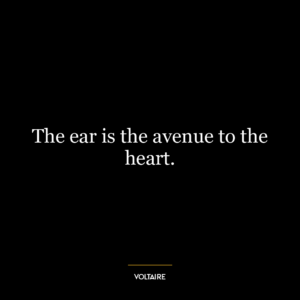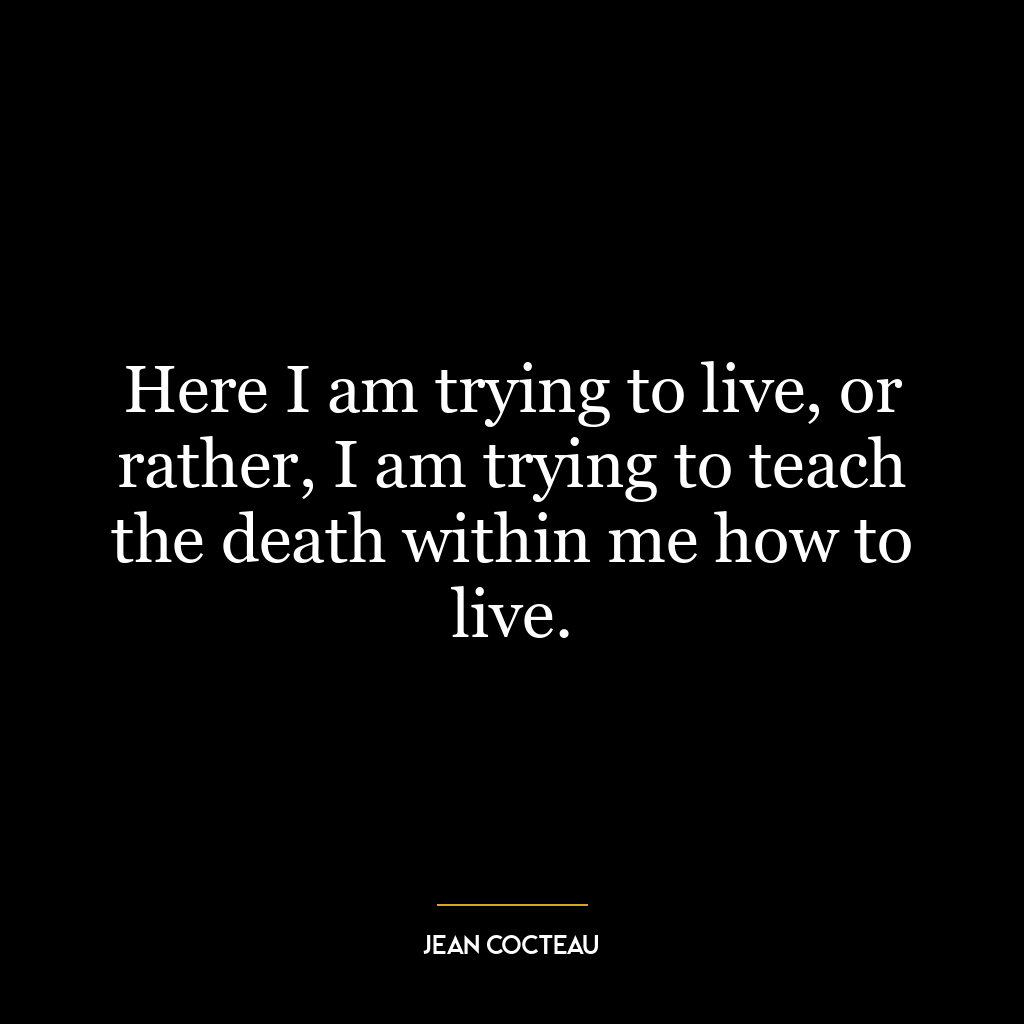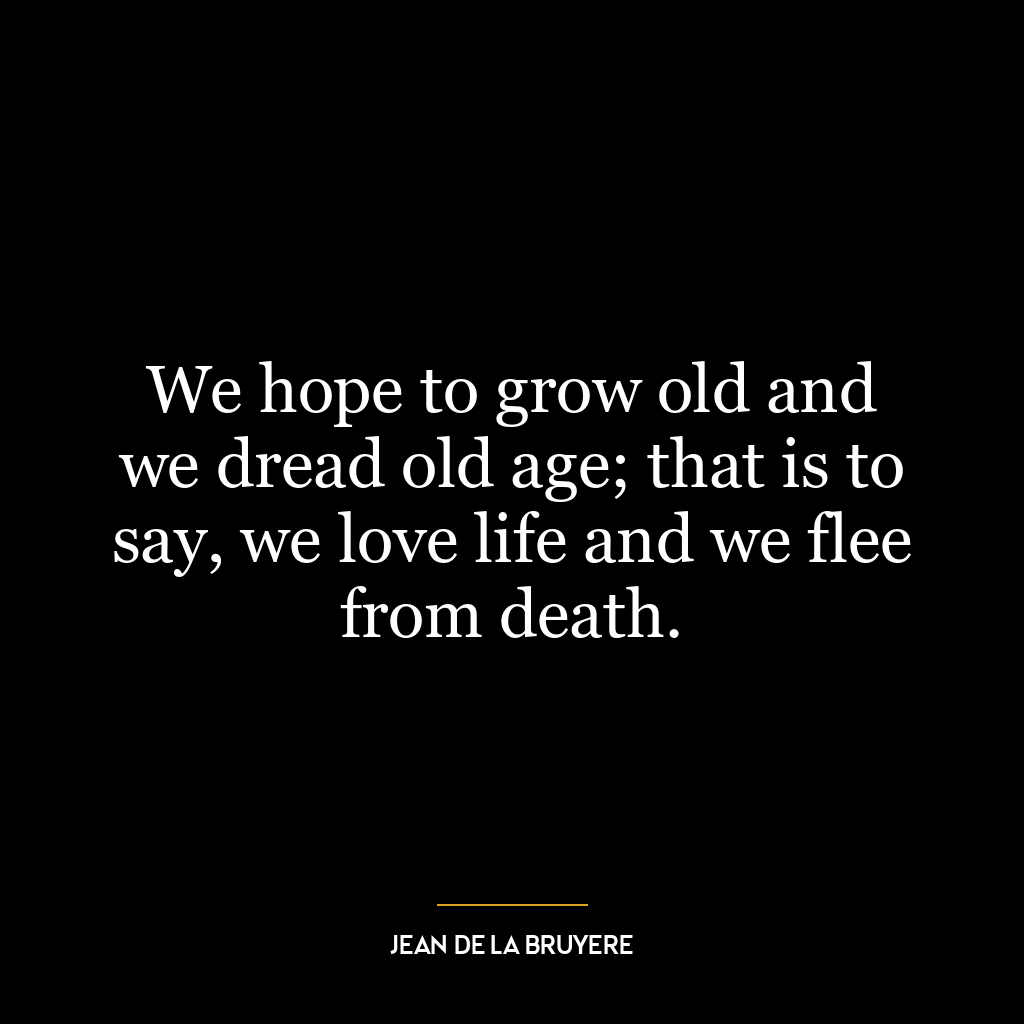In this quote, two characters, Candide and Martin, are having a dialogue. Candide accuses Martin of being a pessimist, to which Martin responds that his pessimism is born from his understanding of life. This exchange reflects a deep philosophical discourse on the nature of optimism and pessimism, and their relationship with life’s experiences.
Martin’s response implies that his pessimism is not unfounded or irrational, but rather a product of his life experiences and observations. He suggests that having a deep understanding of life, with all its complexities, hardships, and disappointments, naturally leads to a pessimistic outlook. This could be interpreted as a critique of blind optimism, which might overlook the harsh realities of life.
Applying this idea to today’s world, one could argue that it resonates with the current global climate of uncertainty and hardship. Many people may find themselves identifying with Martin’s sentiments as they navigate the challenges of modern life. From a personal development perspective, Martin’s statement could serve as a reminder that it’s important to acknowledge and accept life’s difficulties rather than ignoring them.
However, it’s also crucial to strike a balance. While it’s essential to understand life’s hardships and not be blindly optimistic, it’s equally important not to let this understanding lead to debilitating pessimism. Instead, one could use this understanding to cultivate resilience, learn from these experiences, and work towards improving their circumstances.
In essence, this quote could be seen as a call to embrace a more realistic form of optimism, one that acknowledges life’s challenges but also believes in the possibility of overcoming them. This form of optimism, often referred to as “pragmatic optimism,” can be a valuable tool for personal growth and resilience.














